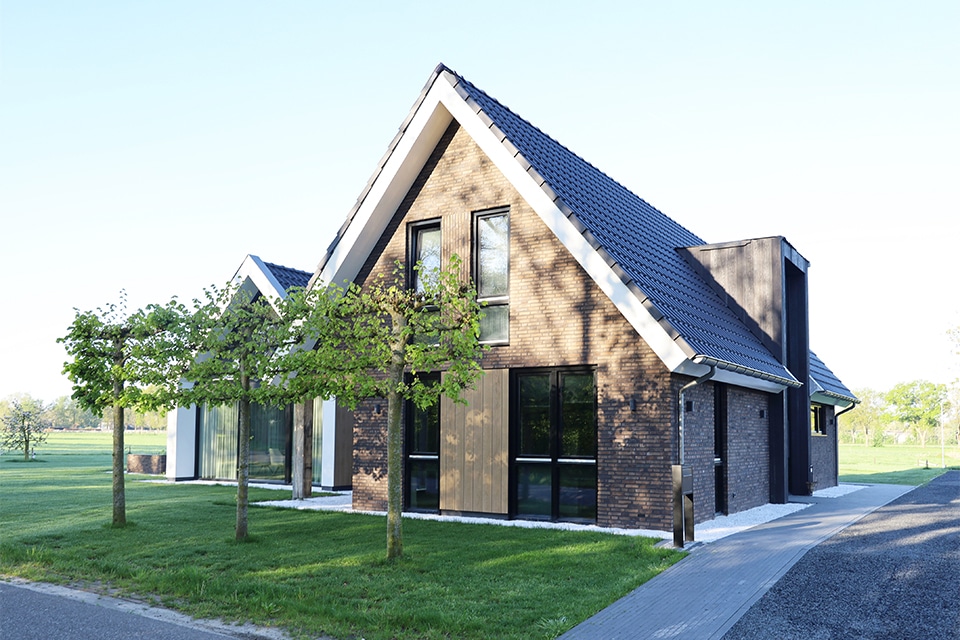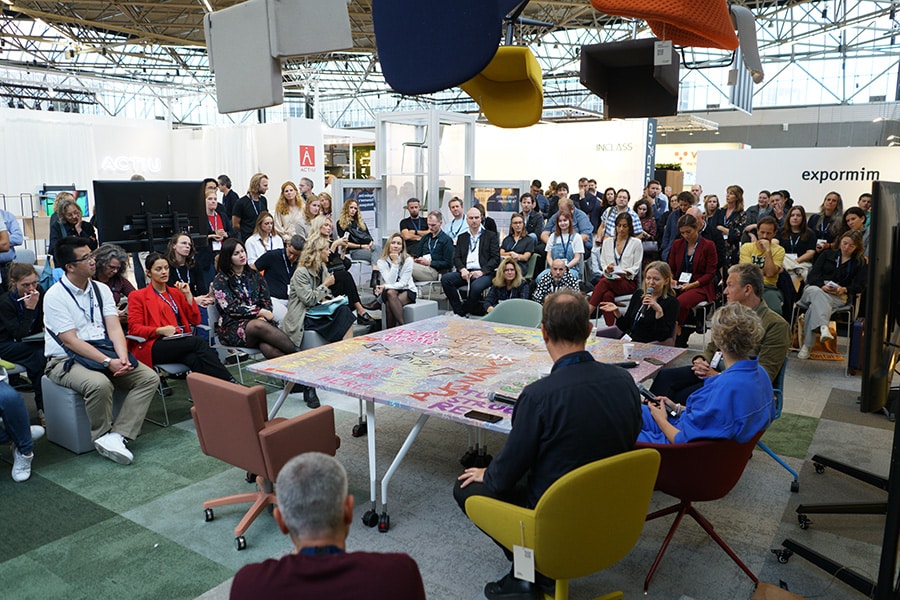
Damping noise barriers: smart enclosure is the solution!
Stylishly preventing noise pollution
An outdoor unit heat pump, air conditioner or air handling unit can cause considerable noise pollution. Since 2020, a maximum of 40dB of noise is allowed to be heard at the property line. With Modubar's heat pump casing solutions, this is not a problem. Both the company's Noise-reducer screens and Kokowall HA-Minwool solutions are very effective in attenuating noise.
Modubar has been in the business of noise barriers for many years. These were initially placed primarily along roads, distribution centers, railroads and parking lots. Over the last 10 years, according to project manager Arjan Kick, there has been increasing demand for noise barriers around air handling systems + heat pumps and air conditioners. "Nowadays, more and more machines and installations are placed on existing and new buildings. This created a demand for ways to dampen the sound of this. We offer highly specialized products and can provide a suitable solution according to the situation."

Two different systems are available, of which the Noise-Reducer sound barrier is the most suitable for reducing noise from, for example, air conditioning units, heat pumps, air handling units and other machines and installations. The noise screens with an industrial look are modular in construction and are equipped on one side with a sound-absorbing layer of mineral wool finished with a wind cloth and a plastic PE net. The backside of the panels are made with a coated steel sheet. These screens offer a high sound absorption of 8 to 17dB and a sound insulation of 30dB.
Kick: "The system is always the same, but depending on the look of the building, architects can choose different finishes, from, for example, coated steel sheet, corrugated plate or galvanized Felsplaat. We can also have the steel parts powder coated. It is nice for all parties when we think along early in the development of the project, so that the screens can already be included in the design."
The second system are the Kokowall HA-Minwool screens. "They are less suitable for roofs because they always need to be overgrown with climbing plants. This makes maintenance necessary. On the first floor, on the other hand, these screens can blend nicely into the surroundings. That scores well with local residents."



